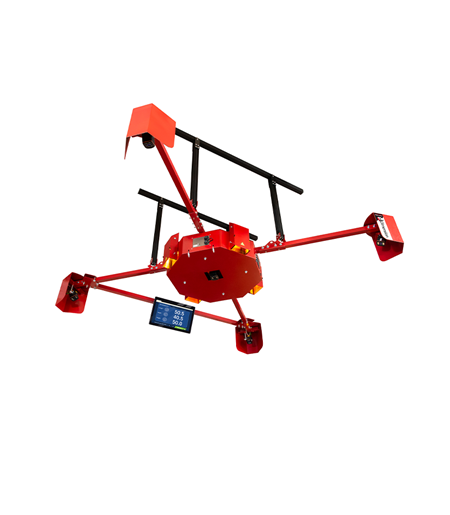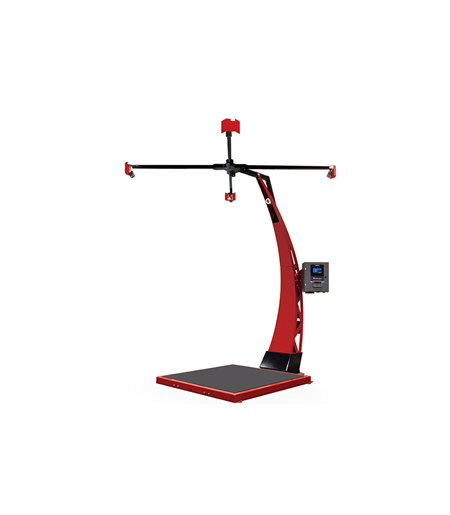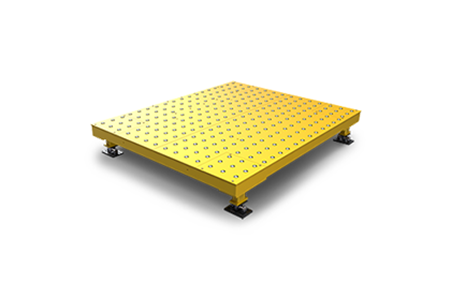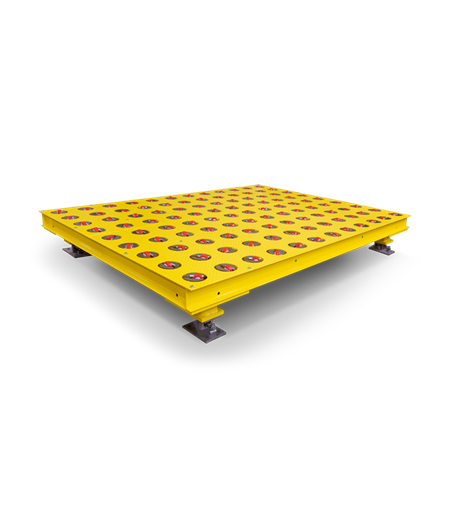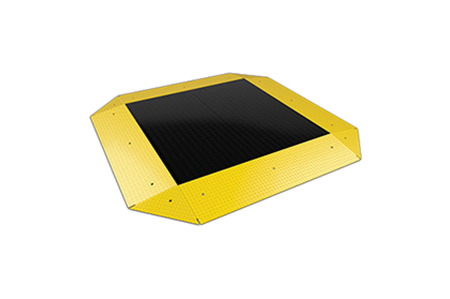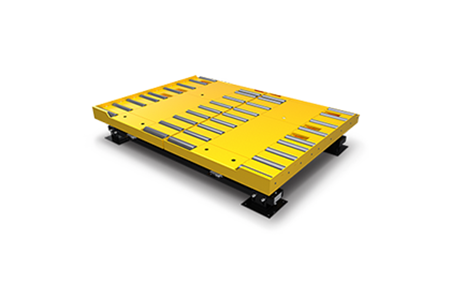Is the website displaying in the correct language? Please confirm or select a different language.
Your region has been set automatically. Please confirm or select a different region.

Understanding Freight Classes
Logistics personnel and material handlers understand that freight classes are essential for shipping palletized products. Freight classes help standardize variables that control pricing for freight shipments, helping logistics managers compare costs among carriers.
The National Motor Freight Traffic Association (NMFTA) defines and standardizes what a freight class is, and these definitions are made available through the National Motor Freight Classification (NMFC), which then provides a uniform pricing structure for a variety of commercial transactions.
What Defines a Freight Class?
Freight class is based on factors that help determine how easy it is to transport freight, including density, liability, handling and stowing potential.
Density
Freight density is the amount of space a palletized item fills in relation to its weight. Density is found by dividing the item’s physical weight (in pounds) by its volume (in cubic feet).
Liability
Liability determines how likely it is that your freight will suffer damage or theft, or cause damage to nearby freight or the environment it’s housed in. For example, a shipment of pillows is far less likely to cause damage than a shipment of oil or gasoline. The level of liability is based on the value of the material per pound.
Handling
Freight handling represents how easy or difficult loading and carrying your freight will be. The weight, shape, fragility and potentially hazardous nature of your shipment all affect how your freight is treated and can be handled.
Stowing Potential
Stowing potential, or stowability, refers to how freight will fit in a trailer with other freight. If your freight is difficult to stack or stow alongside other freight, including having irregular shapes or extra length and weight, you could face additional shipping fees.
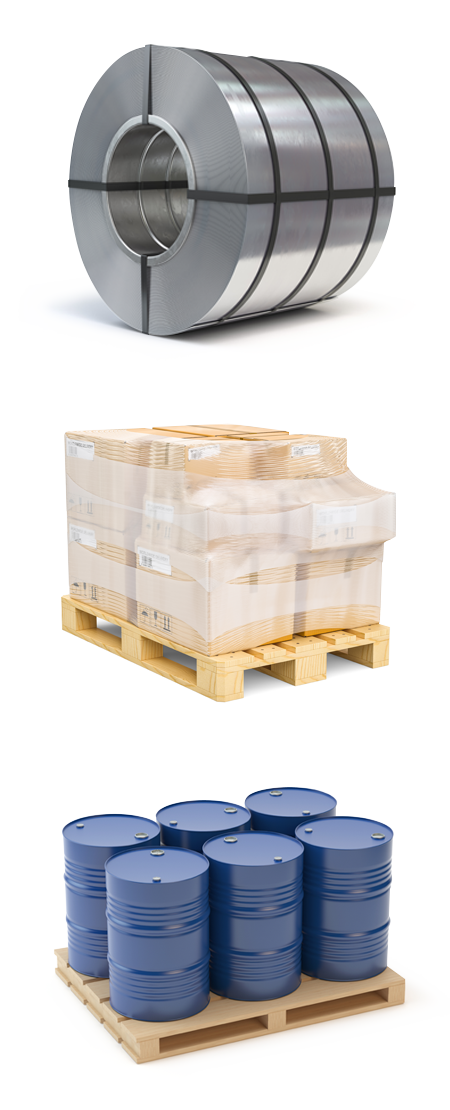
Weighing and dimensioning systems can help streamline freight processing and ensure that NMFC freight classes are accurately assigned. Rice Lake Weighing Systems offers pallet dimensioners and cargo scales to help simplify freight classification processes for logistics and material handling departments. Rice Lake’s experts are also available to help determine the best solutions for your operations.



 My Account
My Account
